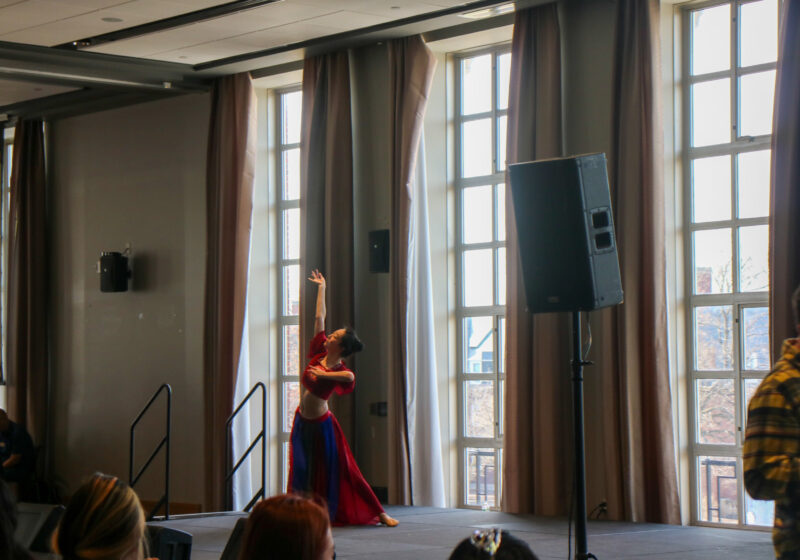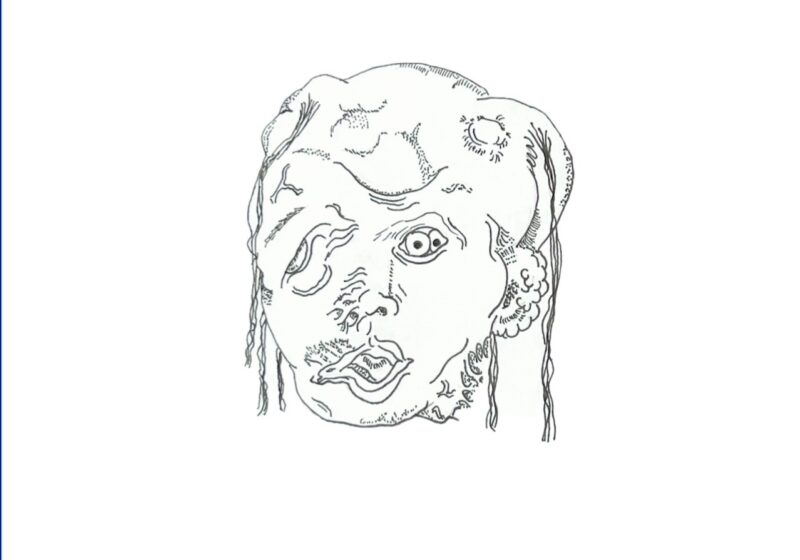What do you think minimum wage should be? I mean, we’ve all thought about it. In the past 10 years, it’s been pretty constantly debated. Which is, to me, kind of crazy. I guess I get that there could be large macroeconomic implications to sudden minimum wage raises, but the stagnation we’ve experienced as we nationally avoid this increase also seems like overkill.
Big politics aside, UR recently made the decision to raise the minimum wage for non-student employees to $15. Most student workers are aware that our wages are usually raised annually, but typically our pay is somewhere between $12.25 to $14.50 an hour. In response to this difference, an Instagram popped up calling for student employees to strike, in turn sparking debate about whether we all deserve $15 an hour.
First and foremost, I want to address some of the arguments I’ve heard over the past week or so.
One that I found baffling is that only baristas on campus, or other similarly labor intensive jobs, deserve $15/hr. The implication here is that desk work is inherently less valuable than physical labor, which is understandable as an argument alone. Not that I agree, but as a student with a labor intensive job, I do empathize with the frustration. The original statement is pretty flawed, though; if you think that the value of labor is tied to its physical intensity, desk workers should be the baseline at $15/hr, and other labor should just go up from there, no?
In a similar vein, someone made the case to me that non-student workers deserve a raise to $15/hr more because they aren’t students. The labor we perform is almost no different. There are students and employees working the same jobs in the Pit every day. It’s infantilizing to imply that we also don’t have bills to pay, debt piling up, and the right to fair compensation for our labor. Even then, if you firmly believe there’s a difference, just start student pay at $15/hr and pay non-student workers more than that. It’s such a nasty habit of capitalism to pit us against each other in a race to the bottom when we could all benefit from policy change.
Moreover, I’ve seen people arguing about how low the minimum wage is in their home state. And yeah, there are places in the U.S. where you make $7.25 an hour and you destroy your body doing it. And those places suck; they should raise their minimum wage, too. This, however, is an active issue right now at the University, and we should take advantage of our chance to make change here, where we currently live and are employed. Creating slightly better circumstances in one place doesn’t fundamentally worsen the situation somewhere else, nor does it mean we should avoid change here until those other places get better.
On to my personal grievances and thoughts: We deserve $15. Full stop. We deserve more, frankly. The whole country would benefit from higher wages at the lowest level jobs. I also don’t really care if it inflates the price of things; I think that’s a necessary step. It doesn’t have to be where the money for increased wages comes from, though. Raising minimum wages should be met with cutting back on the largest salaries to redistribute. It’s not just about creating more money; it’s about leveling a currently very unfair playing field in life and equitably distributing a reasonable income across the board. All of that starts with realizing higher minimum wages should, and can, benefit all of us. We need to stop fighting each other and focus on the people making 100 times what we make, not a difference of a few dollars an hour.






